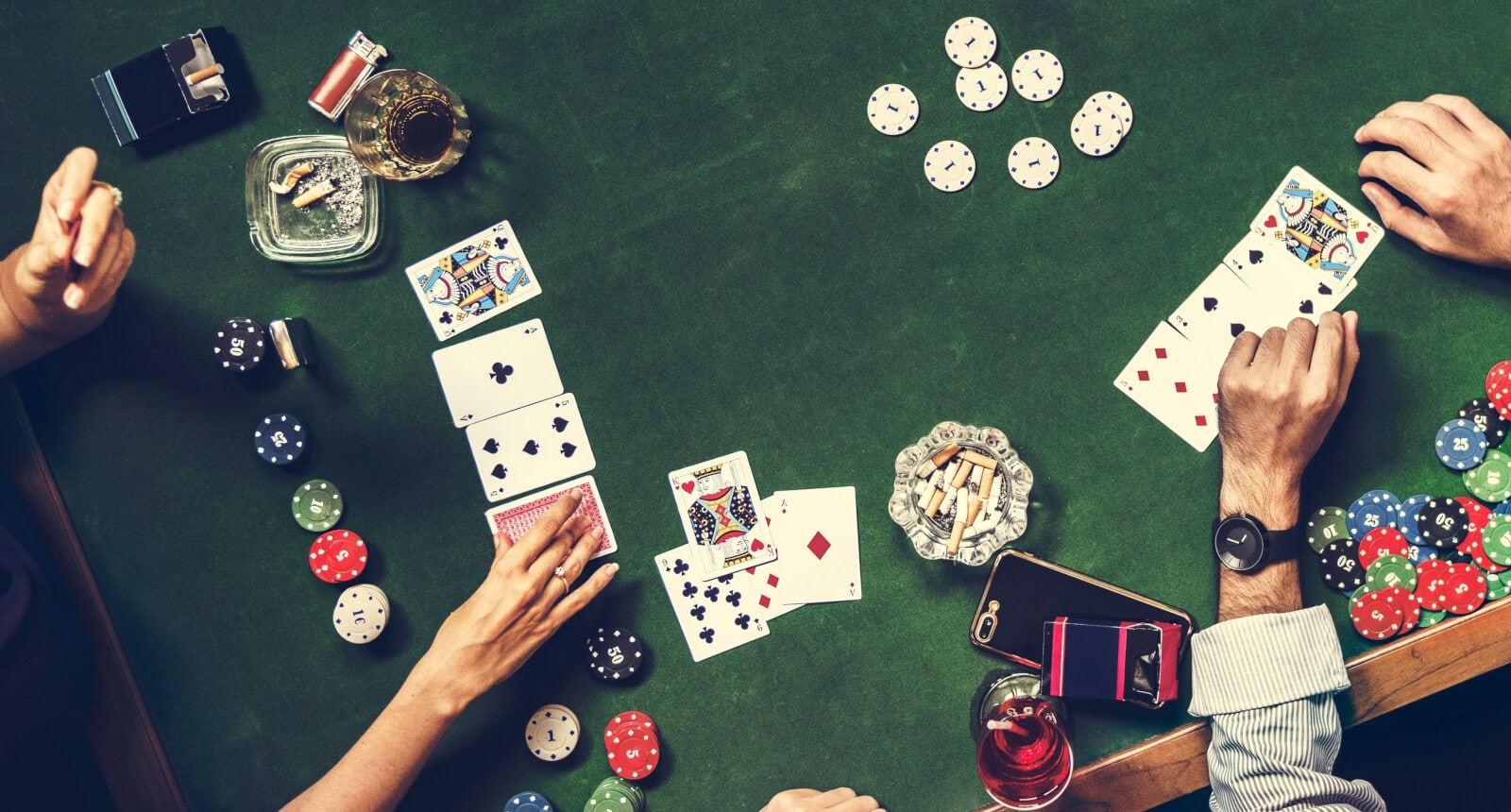

What Is Low Self Esteem

Low Self Esteem In Women
Despite the recent rapid expansion of legal gambling, little is known about gamblers or problem gamblers in the United States. In this article, we seek to extend our understanding of gambling in the United States by reviewing the major theoretical approaches to problem gambling and tracing the development of the major instrument used to measure problem gambling. Using a probability sample of 1,551 Georgia citizens interviewed in 1994, we present a descriptive analysis of demographic and social psychological characteristics of nongamblers, non‐problem gamblers, and problem gamblers in the general population. Although nongamblers were most likely to be older White women with modest education and income, problem gamblers were most likely to be young, non‐White males. Logistic regression is used to identify factors that distinguish between these three groups and to explore the relationship between problem gambling and low self‐esteem as well as the relationship between non‐problem gambling and high self‐esteem. This analysis allows us to examine the possible impact of increased opportunities for legal gambling on U.S. society.
Low Self Esteem
Alcohol and self-esteem mutually impact one another. Alcohol use can temporarily raise or lower self-esteem, but it typically creates lower self-esteem in the long-term. Low or high self-esteem can be a contributing factor to alcohol abuse and dependence, but an appropriate level of self-esteem is a powerful tool in the battle against alcoholism. Problem gamblers are more likely to suffer from low self-esteem, stress, anxiety and depression. Gambling addicts are also more likely to go to prison as a result of criminal activity. This is almost entirely theft and fraud. And there's also a link between gambling and alcohol abuse. Many gambling addicts are also addicted to alcohol.